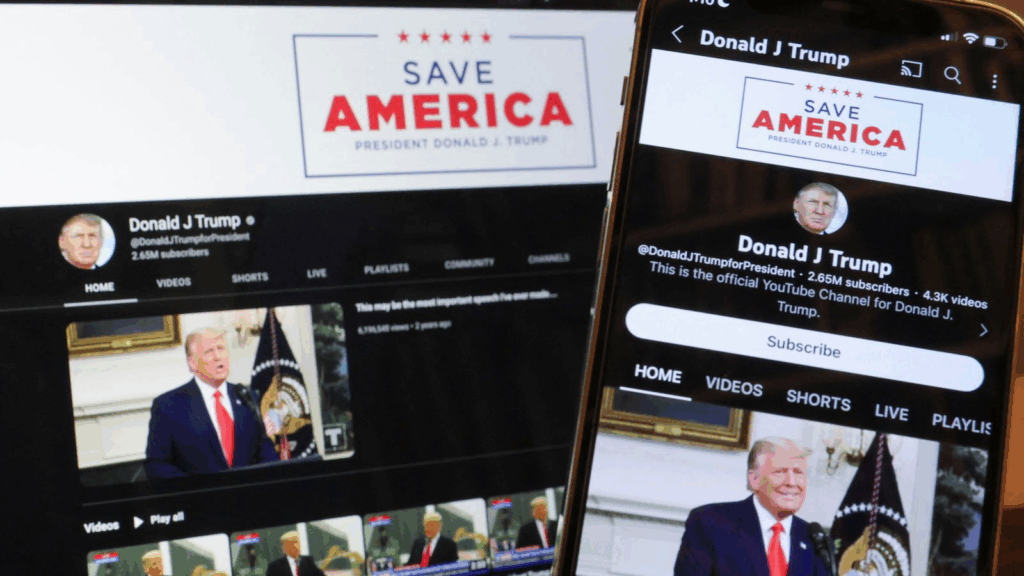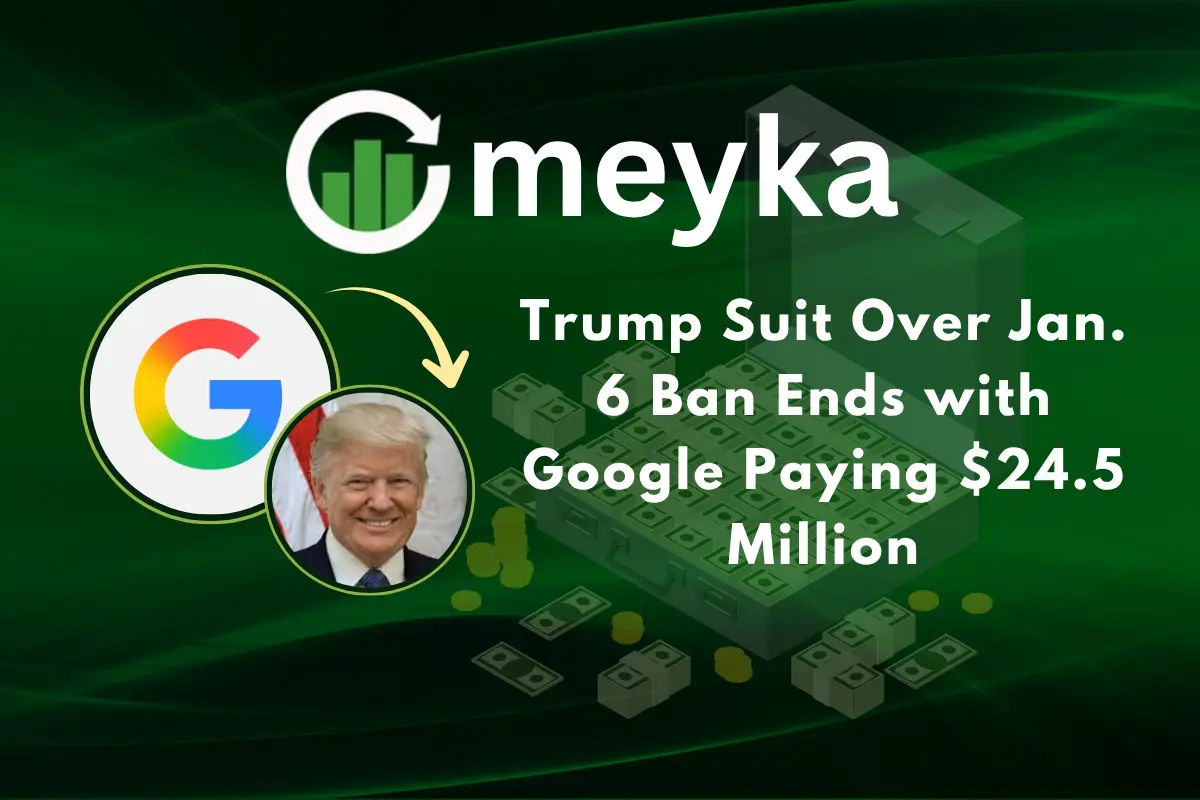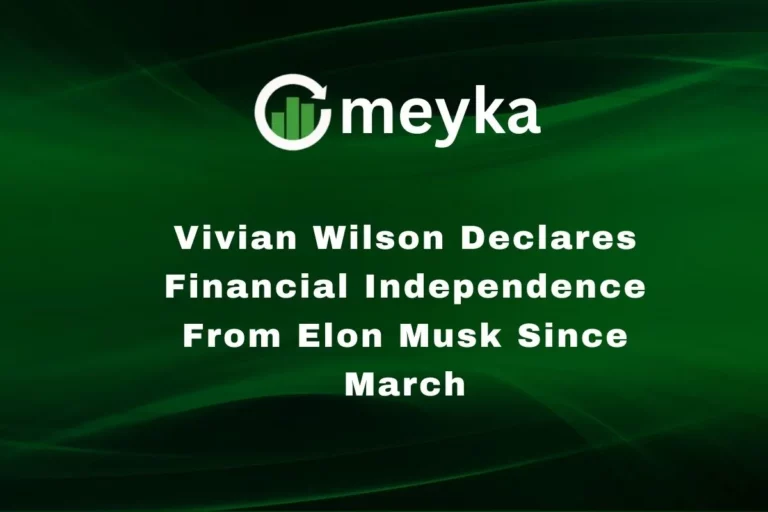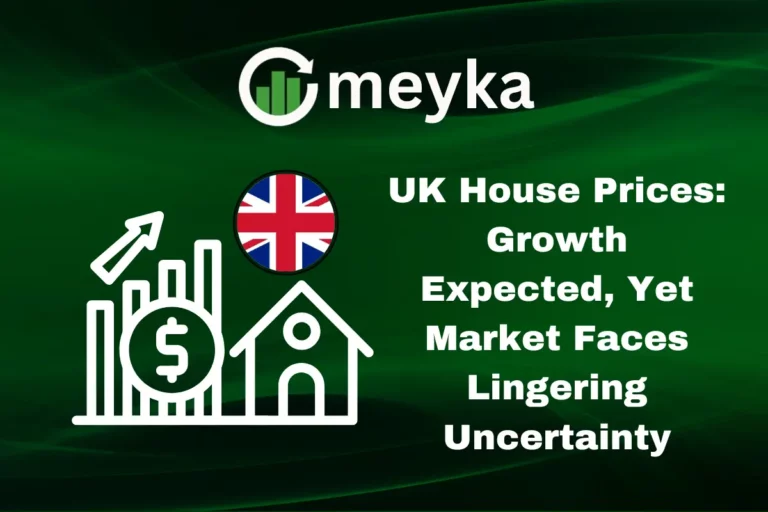Trump Suit Over Jan. 6 Ban Ends with Google Paying $24.5 Million
On September 29, 2025, YouTube, owned by Alphabet Inc., agreed to pay $24.5 million to settle a lawsuit filed by President Donald Trump. The lawsuit stemmed from the suspension of Trump’s YouTube account following the January 6, 2021, Capitol riot. This settlement concludes a series of legal battles initiated by Trump against major tech companies over alleged censorship and free speech violations.
The settlement allocates $22 million to Trump, which he plans to contribute to the Trust for the National Mall, supporting the construction of a new White House State Ballroom. The remaining $2.5 million will be distributed among other plaintiffs involved in the lawsuit, including the American Conservative Union and author Naomi Wolf.
This deal comes after similar settlements. Meta paid $25 million, and X (formerly Twitter) paid $10 million. These cases show the ongoing debate over content rules and free speech. The YouTube settlement does not mean the company admitted any fault. It highlights how tech companies are under more pressure to handle political content carefully.
Let’s explore the specifics of the settlement, its implications for tech companies, and the broader conversation about free speech in the digital age.
Background of the Case
On January 12, 2021, YouTube suspended President Donald Trump’s account. They said he broke rules against posts that could cause violence after the Capitol riot. Trump then sued YouTube and its parent company, Alphabet. He claimed the suspension violated his First Amendment rights. He said the ban was political and targeted conservatives.
This lawsuit was part of a larger plan by Trump in 2021. He filed similar cases against other tech companies for censorship. The case stayed open for more than four years, with both sides in long court battles.
Details of the Settlement
On September 29, 2025, YouTube agreed to pay $24.5 million to settle the lawsuit. According to court filings, $22 million of the settlement will be allocated to the Trust for the National Mall, supporting the construction of a new White House State Ballroom, a project championed by Trump. The remaining $2.5 million will be distributed among other plaintiffs involved in the lawsuit, including the American Conservative Union and author Naomi Wolf.

Notably, the settlement does not involve an admission of wrongdoing by YouTube. The company emphasized that the agreement was reached to avoid the expenses and risks associated with further litigation. This approach mirrors similar settlements with other tech companies, such as Meta, which paid $25 million, and X (formerly Twitter), which settled for $10 million.
Legal and Political Implications
The settlement with YouTube is part of a broader pattern of legal challenges that Trump has initiated against major tech companies. These lawsuits have raised significant questions about the balance between private platform policies and public figures’ rights to free speech. While the First Amendment restricts government censorship, its application to private companies like YouTube is a contentious issue.
The settlements, though not admitting liability, suggest a shift in how tech companies handle legal disputes with political figures. The financial terms of these agreements, while substantial, are relatively modest for companies of Alphabet’s size. However, the reputational impact and the potential for setting legal precedents are considerable.
The political effects are important. These legal wins support Trump’s claim that tech companies treated him unfairly. His supporters may see this as proof of bias. On the other hand, critics worry that these settlements could encourage other public figures to sue tech companies too. This might lead to more rules and government oversight for online platforms.
Public and Expert Reactions
The reactions to the YouTube settlement have been mixed. Supporters of Trump view the agreement as a vindication of his claims against tech companies, interpreting it as a win for free speech. They argue that the settlement exposes biases in content moderation practices and underscores the need for greater accountability in how platforms enforce their policies.
On the other hand, critics contend that the settlement reflects a capitulation by YouTube to political pressure. They express concern that such agreements may undermine efforts to combat misinformation and hate speech online. Legal experts have noted that while the settlements may resolve individual disputes, they do not address the underlying issues of content moderation and platform governance.
Broader Impact on Tech Companies
The YouTube settlement, along with those involving Meta and X, signals a potential shift in how tech companies approach legal challenges from political figures. These companies may face increased scrutiny and pressure to settle disputes to avoid prolonged litigation and reputational damage.
The financial terms of the settlements, while not crippling, could set a precedent for future cases. Tech companies might need to allocate resources for legal defenses and settlements, impacting their bottom lines. Additionally, the settlements may prompt discussions about the need for clearer regulations governing content moderation and the rights of users, particularly public figures.
Investors and stakeholders in tech companies are likely to monitor the outcomes of such legal battles closely. The potential for increased regulation and the financial implications of settlements could influence stock valuations and strategic decisions within the industry.
Bottom Line
The $24.5 million settlement between YouTube and Donald Trump is a major moment in the debate over free speech and content rules. It shows the challenges tech companies face in handling political content.
The settlement solves one legal case but raises bigger questions about rules for online speech and user rights. Tech companies will likely face more lawsuits from political figures.
These cases could change how online speech is managed and how digital platforms are regulated. The YouTube settlement reminds us that technology, politics, and the law are closely connected and always changing.
Frequently Asked Questions (FAQs)
On September 29, 2025, YouTube settled with President Donald Trump for $24.5 million after his account was suspended following January 6, 2021. The deal avoids long court battles and legal costs.
No. The September 29, 2025, settlement does not mean YouTube or Alphabet admitted fault. The payment was made to resolve the lawsuit and prevent more legal expenses and delays.
Disclaimer: The above information is based on current market data, which is subject to change, and does not constitute financial advice. Always do your research.






